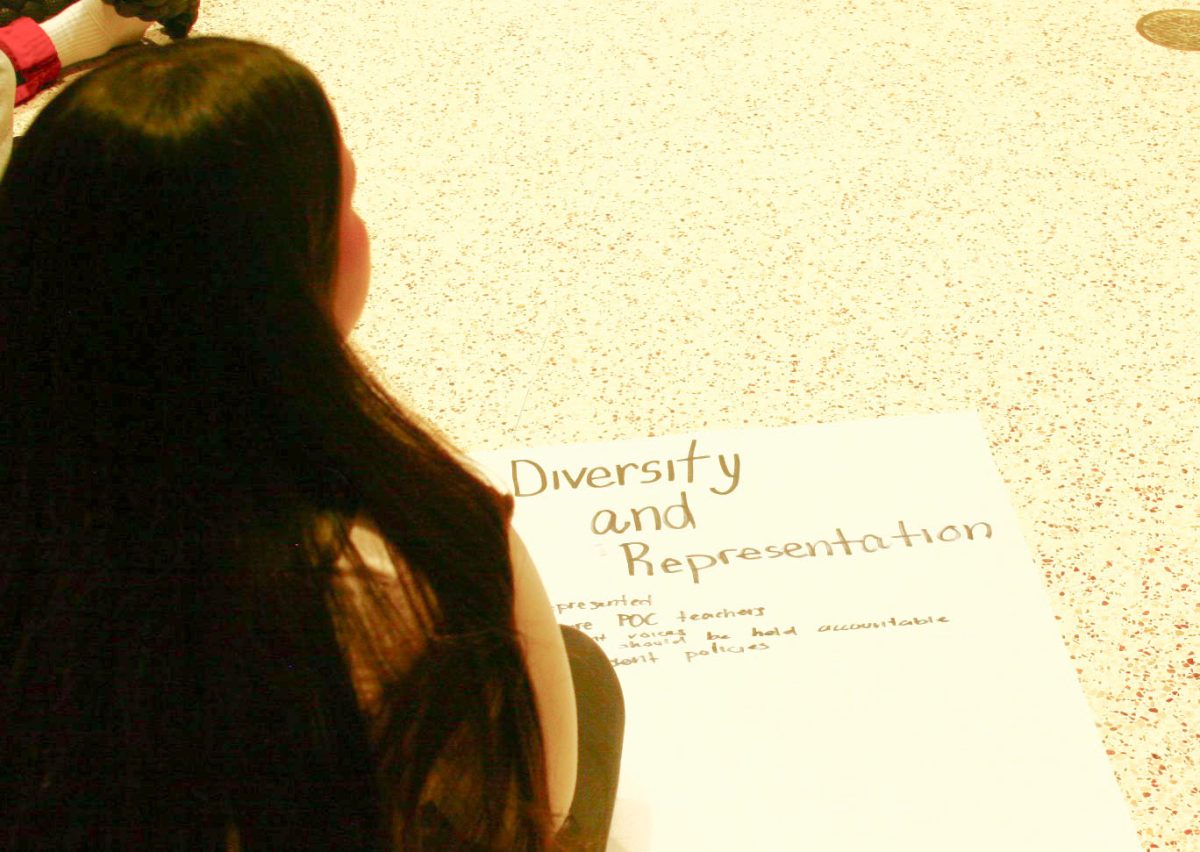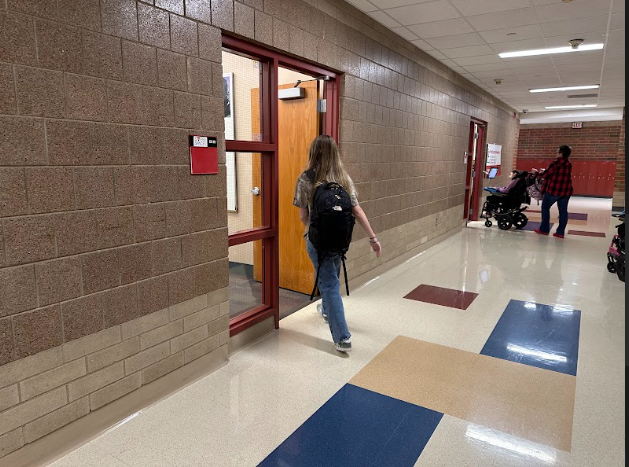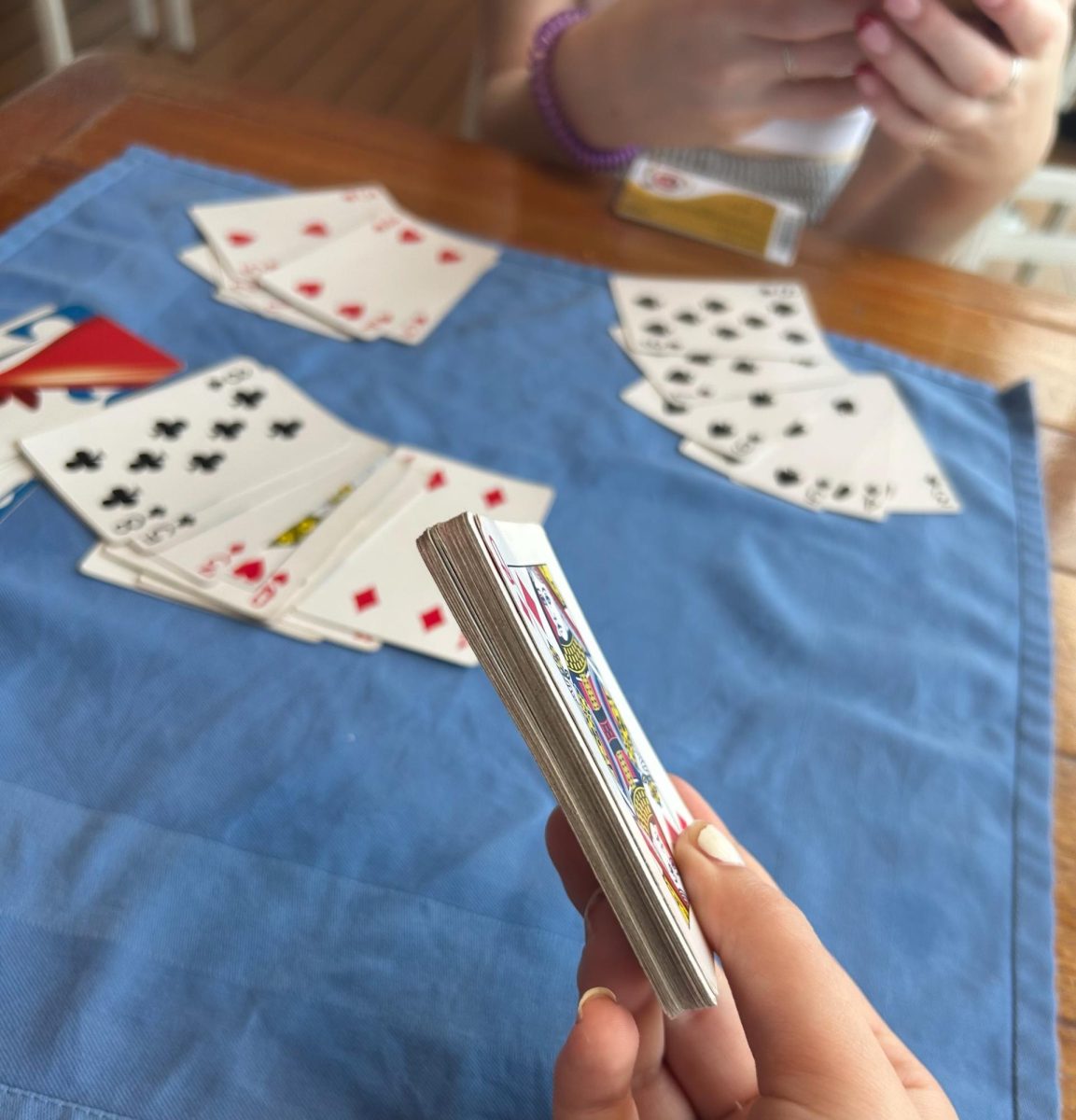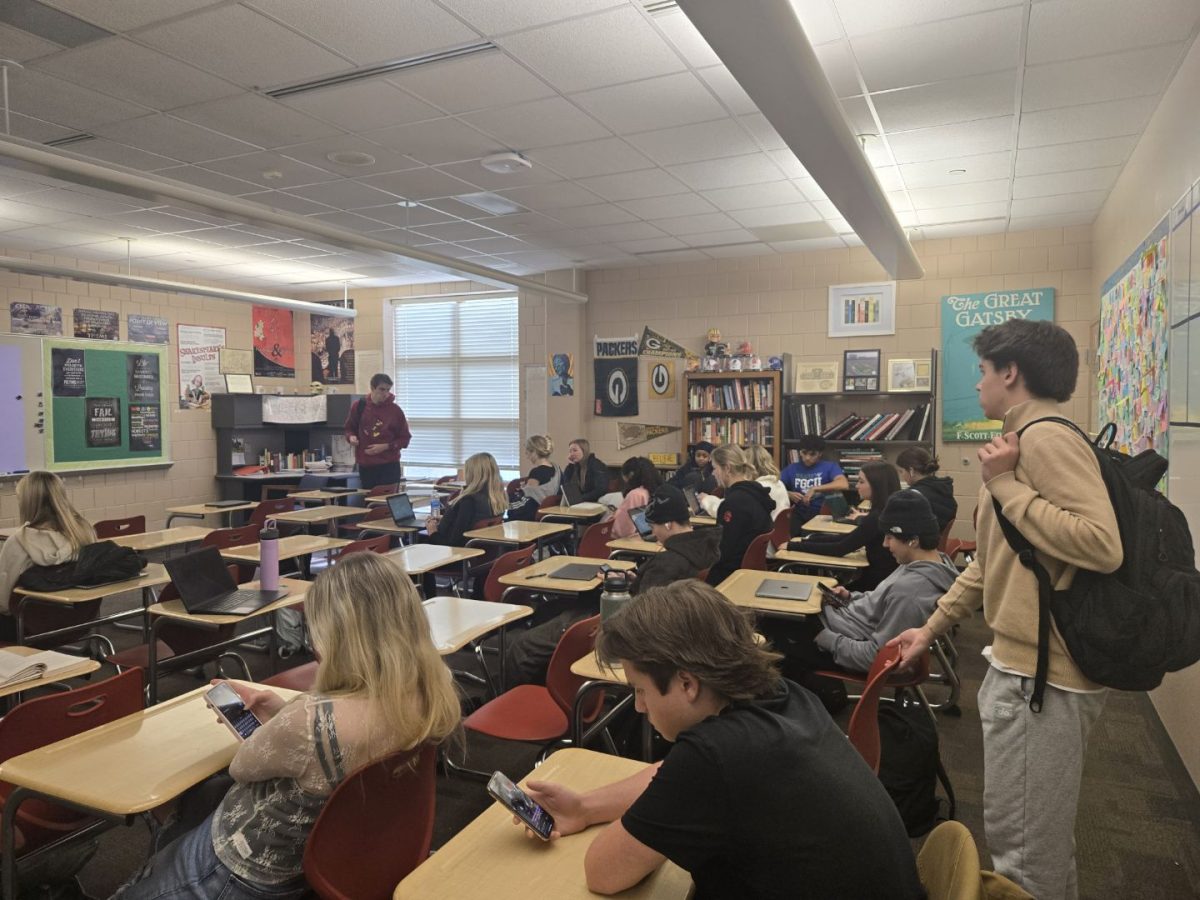Caffeine intake among high schoolers is becoming increasingly more of a problem especially because schools are starting to sell caffeinated drinks such as Bubblr or Celcius in places like the vending machines and at Pony Brew. Caffeine is being used as a way for students to gain some energy or help with staying awake throughout a long school day.
Caffeine can be seen as having two possible sides whether it is positively or negatively affecting students. Several high school students come into school each day with either an energy drink or a Starbucks drink. The new normal routine for several students is starting with an energy drink before the start of the school day.
“I think it’s definitely negatively affected me because I am relying on it, but it’s positively affected me because I’m awake,” junior Adele Majeski said.
Caffeine is affecting students’ academic performance as well as their sleep, mental health and more. The main reason several students are drinking as much caffeine as they do is so they can stay awake during classes throughout the school day.
Senior Ellery Larson drinks an energy drink each day because it keeps her awake throughout her school day.
“I can sleep fine no matter how much caffeine I have. But I think selling caffeine in school is allowing us to be more awake during the school day,” junior Kenzie Deitner said.
Several people who consume energy drinks on the daily are being hit with all of the side effects of caffeine. The side effects that are most common are rapid heart rate, headache, shakiness and heartburn. Though not everyone is being affected by the side effects right away, several people get hit with “caffeine headaches”.
“Caffeine helps me stay awake for longer periods of time, and it it makes sure I don’t get a headache throughout the day,” Deitner added.
Though teenagers are not the main group being effected by caffeine, they definitely play a key role with the intake of energy drinks. Studies show that ages 55-65 are the group consuming the most caffeine in a day. High school students are seen everyday in classes with energy drinks as they hope to stay awake throughout the day.
“In a school week, I think it is anywhere between 800 milligrams to like 1200 milligrams of caffeine. And then weekends, I think it’s a lot less because I don’t have to wake up early. And it is mostly just Alani and Bubblr,” Majeski said.
Another side effect that caffeine is leaving on students may impact their sports performance. Having too much caffeine in a day can make for being dizzy or shaky throughout a practice or a game. Many coaches have requested that on game days students have no caffeine. Caffeine does nothing but wake students up throughout the day or cause several long term effects.
Caffeine effects have been highly impacting students as these drinks are starting to be sold around the schools. Though the drinks give energy and allow for less tiredness throughout the day, the long term effects are becoming more risky.















